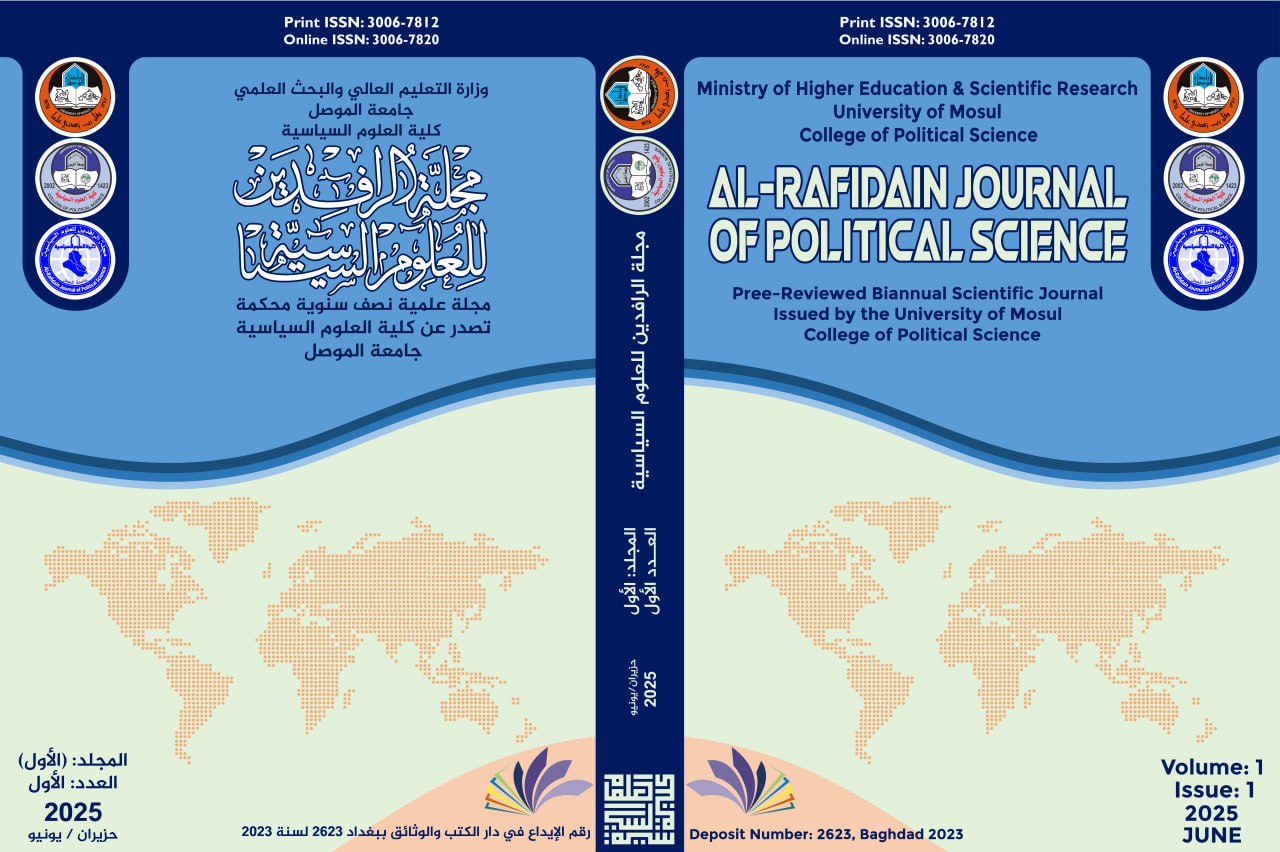Transformations in the Security Doctrine of Zionist Thought after the Normalization of Relations with the Arabian Gulf
Abstract
This research addresses the topic of "Transformations in the Security Doctrine in Zionist Thought after the Normalization of Relations with the Arabian Gulf," as one of the most prominent geopolitical transformations witnessed in the region over the past decade. It examines the impact of normalization agreements—particularly with the UAE and Bahrain—on the foundations of Israeli security thought. The research is based on a central premise: Gulf normalization was not merely a diplomatic or economic step, but rather represented a strategic variable that reshaped the regional environment from a Zionist perspective, producing qualitative shifts in security concepts, deterrence tools, the nature of alliances, and perceptions of threats. The study concluded that Zionism is redefining the concept of "strategic depth" to include Gulf partnerships and developing a security discourse that transcends the traditional boundaries of confrontation, employing soft and technological tools, while simultaneously embracing traditional threats such as Iran and Hamas. The study also demonstrated that this shift is not without contradictions, particularly in light of the ongoing occupation and the complexity of the Palestinian issue. This places the Zionist security doctrine in a state of constant restructuring, influenced by the fragile balances in the region and the determinants of the Zionist interior.





